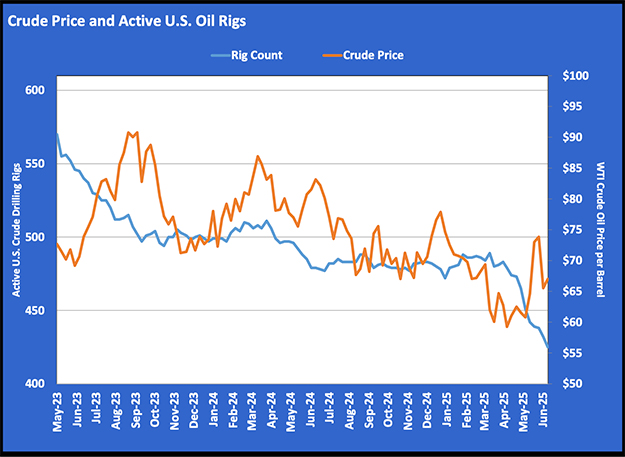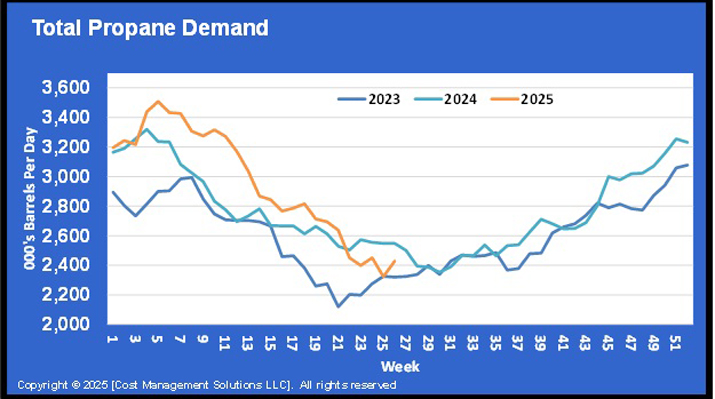Making a case for propane-powered school buses

Propane emits less carbon dioxide and costs 50 percent less than diesel. Photo courtesy of Bob Yosay/The Vindicator
Recent claims state that diesel buses are cleaner, cost-effective and innovative – more so than propane. A blanket statement like this is not accurate. So, how can you approach potential school district customers about propane buses to increase your propane sales if they are convinced diesel is good enough? Here are some facts to consider from Todd Mouw, president of Roush CleanTech.
Claim: Diesel is clean and has the lowest carbon footprint over the operational life of a school bus.
Answer: Today’s diesel buses are cleaner than in years past, but only through complexity, like expensive equipment and high-maintenance systems, which aren’t required on propane buses.
Propane emits less carbon dioxide than diesel. When comparing carbon dioxide per million Btu by fuel type, propane is 62.30, while diesel is at 73.15. School buses fueled by propane emit less nitrogen oxides (NOx) and greenhouse gases. They also virtually eliminate particulate matter when compared to diesel.
According to a University of California, Riverside, study, diesel-fueled medium- and heavy-duty vehicles are the No. 1 source of NOx emissions in almost every metropolitan region in the U.S.
Claim: Diesel buses are easier to maintain.
Answer: To meet federal emission standards, a diesel bus must have 20 more parts than its propane counterpart – that’s 20 additional components that must be maintained, including diesel particulate filters, manual regeneration and diesel exhaust fluid, and other complex after-treatment devices.
Claim: Diesel buses offer the lowest total cost of ownership.
Answer: More than 800 school districts are saving 20 to 50 percent on a cost-per-mile basis for fuel and maintenance by operating buses on propane. Average annual savings are between $400 and $3,000 per propane bus per year when compared to diesel. Propane also has the lowest infrastructure cost of all transportation fuel. Historically, the cost of propane averages 50 percent less than the cost of diesel. School districts across North America are saving money by switching to propane.
















